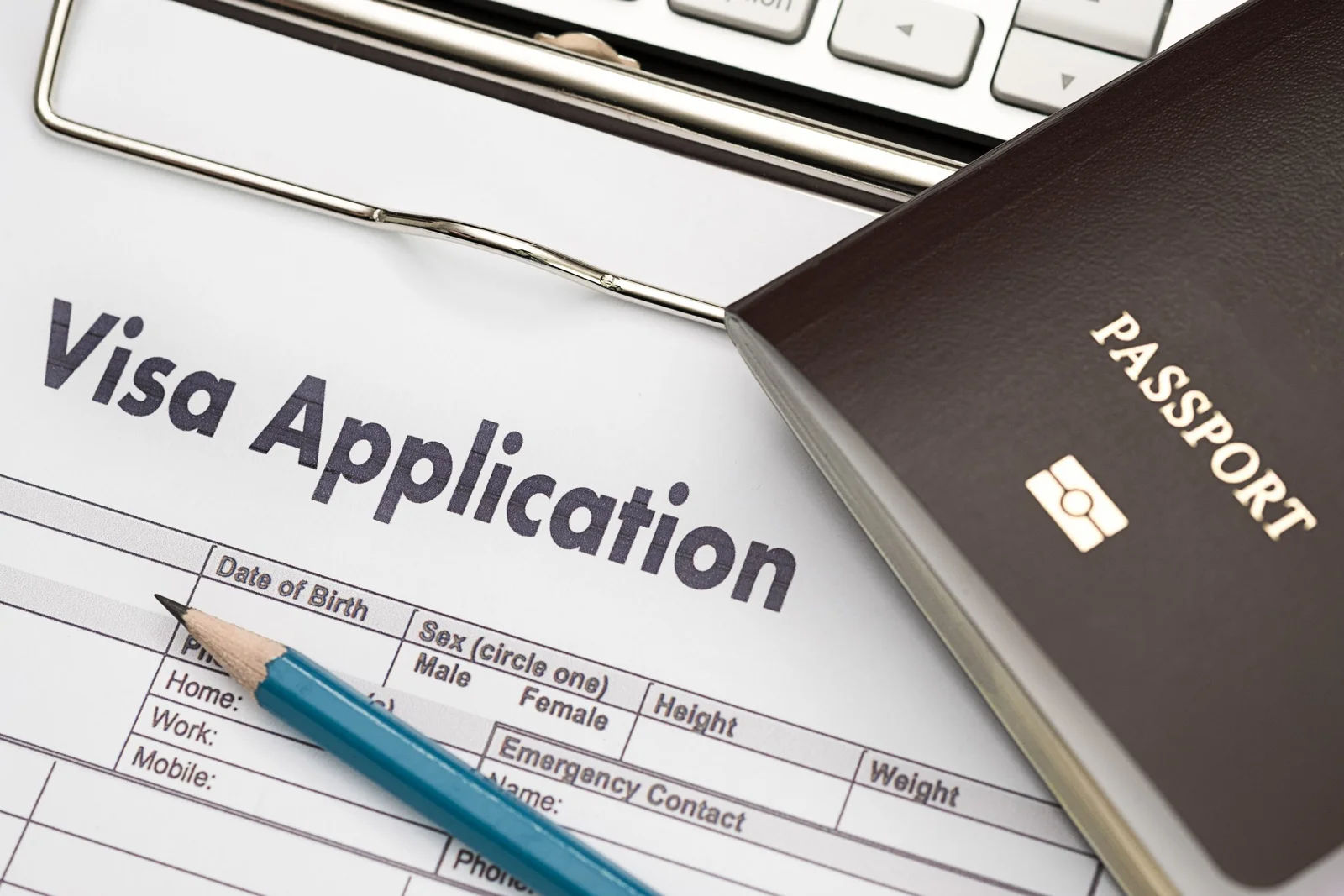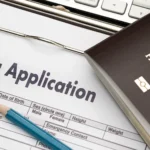Description
As the world becomes more interconnected, more professionals are seeking job opportunities outside their home countries. However, one of the most complex parts of the process is navigating visa and work permit requirements, which vary widely from country to country.
Whether you’re aiming for a corporate job in Canada, a tech role in Germany, or a startup position in Australia, understanding each destination’s visa landscape is essential. This guide explores the visa and work permit requirements for some of the most popular expat destinations, with tips on how to streamline the process and boost your chances of securing work abroad.
General Tips for Navigating Work Visas
- Research Country-Specific Requirements: Each country has unique requirements. It’s essential to consult official government sites and visa checklists.
- Prepare Key Documents: Most applications require a valid passport, proof of funds, job offer letters, and educational certificates.
- Check Processing Times: Visa processing can vary widely. Applying early can ensure your visa is ready by your intended start date.
- Seek Legal Assistance: If you’re uncertain about requirements, consider consulting an immigration lawyer or agency.
1. United States: Land of Opportunity and Complex Visa Paths
- Popular Visa Types:
- H-1B Visa: The most sought-after work visa, primarily for highly skilled professionals in fields like technology, engineering, and finance.
- L-1 Visa: For employees of international companies being transferred to a U.S. office.
- O-1 Visa: For individuals with extraordinary abilities in arts, sciences, or business.
- Key Requirements:
- The H-1B visa requires a job offer from a U.S. employer who will sponsor your visa application. It also has a cap limit, so securing a position early is vital.
- The L-1 visa requires you to have worked for your company outside the U.S. for at least one year within the past three years.
- Tips for Applying:
- Start early, as the H-1B cap fills quickly.
- Work closely with your employer’s legal team to ensure all paperwork is accurate and complete.
2. Canada: A Welcoming Destination for Skilled Workers
- Popular Visa Types:
- Express Entry: A points-based immigration system that includes the Federal Skilled Worker Program (FSWP).
- Global Talent Stream (GTS): A fast-track visa program for tech professionals.
- Post-Graduate Work Permit (PGWP): For international students who have graduated from a Canadian institution.
- Key Requirements:
- Express Entry requires applicants to score high in language proficiency, education, and work experience.
- The GTS requires a job offer from a Canadian employer who qualifies for this fast-track option.
- Tips for Applying:
- Use tools like the Comprehensive Ranking System (CRS) calculator to assess your score for Express Entry.
- Gain additional points by improving language proficiency or getting a valid job offer.
3. United Kingdom: From the Skilled Worker Visa to Youth Mobility
- Popular Visa Types:
- Skilled Worker Visa: Replaced the Tier 2 General Visa, now points-based.
- Global Talent Visa: For leaders or potential leaders in digital technology, arts, and sciences.
- Youth Mobility Scheme: For young individuals from select countries (e.g., Australia, Canada) to work and travel.
- Key Requirements:
- For the Skilled Worker Visa, you need a job offer from an approved UK employer, a certificate of sponsorship, and a minimum salary.
- The Global Talent Visa requires endorsement from a designated UK body.
- Tips for Applying:
- Review the points-based requirements carefully, as meeting specific criteria can significantly strengthen your application.
- Consider the Youth Mobility Scheme if eligible, as it provides a more flexible way to work in the UK.
4. Germany: The European Union’s Powerhouse for Skilled Professionals
- Popular Visa Types:
- EU Blue Card: For highly skilled professionals with a job offer and a degree in their field.
- Job Seeker Visa: A six-month visa allowing skilled professionals to search for jobs within Germany.
- Freelancer Visa: Ideal for self-employed professionals and freelancers in fields like IT, arts, and media.
- Key Requirements:
- The EU Blue Card requires a job offer with a minimum salary and a recognized university degree.
- The Job Seeker Visa requires proof of funds for six months and a recognized qualification in a high-demand field.
- Tips for Applying:
- Use job-seeking platforms specific to Germany to boost your chances.
- Consider German language proficiency, as it can improve employability.
5. Australia: Visa Programs for Skilled Workers and Young Professionals
- Popular Visa Types:
- Skilled Independent Visa (Subclass 189): A points-based visa for skilled workers.
- Employer Nomination Scheme (Subclass 186): For workers with a sponsoring employer in Australia.
- Working Holiday Visa (Subclass 417): For young people to travel and work.
- Key Requirements:
- For the Skilled Independent Visa, you need to score high on Australia’s points-based system, with points for age, education, and work experience.
- Employer Nomination Scheme requires a job offer from an Australian employer willing to sponsor.
- Tips for Applying:
- Seek jobs that align with Australia’s Skilled Occupation List, as these offer better chances.
- Prepare for long processing times for the 189 Visa, so consider applying early.
6. New Zealand: A Growing Hub for Skilled Workers and Adventurers
- Popular Visa Types:
- Skilled Migrant Category Resident Visa: Points-based visa for skilled professionals.
- Essential Skills Work Visa: For workers with a job offer in a high-demand occupation.
- Working Holiday Visa: Allows young people from specific countries to work and travel.
- Key Requirements:
- Skilled Migrant Category requires you to meet a minimum score in education, work experience, and health requirements.
- The Essential Skills Work Visa requires an offer of employment aligned with your skills and qualifications.
- Tips for Applying:
- Research New Zealand’s labor shortages, as jobs in these fields receive priority.
- Consider language proficiency, as English skills can improve your visa application outcome.







1 Comment
Aliquam hendrerit sollicitudin purus, quis rutrum mi accumsan nec. Quisque bibendum orci ac nibh facilisis, at malesuada orci congue. Nullam tempus sollicitudin cursus.